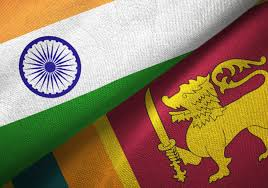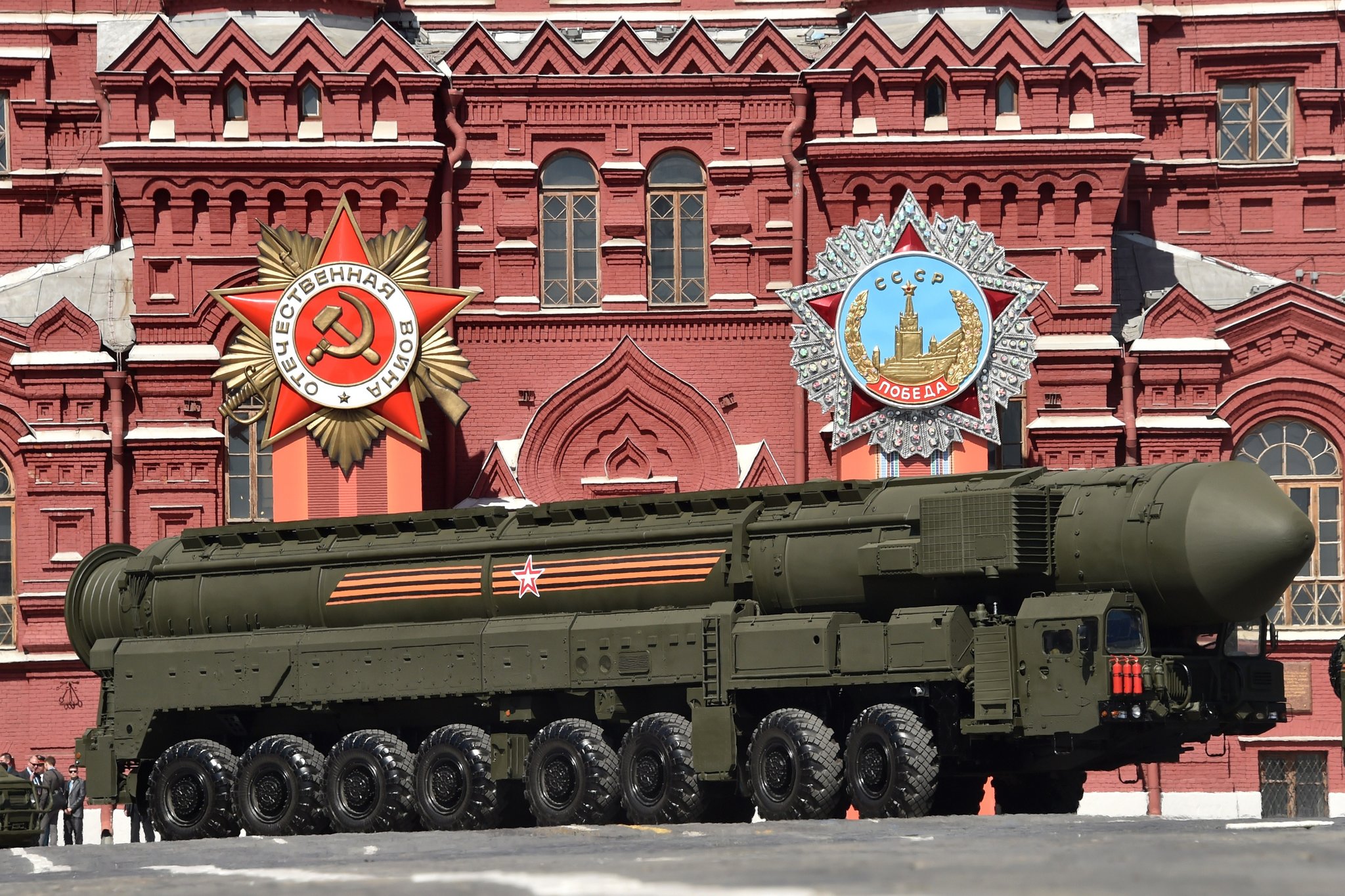15 August: The Assassination that Divided Bangladesh Again

A Day of Mourning—But Not for All
Bangabandhu Sheikh Mujibur Rahman was assassinated on 15 August 1975. For those who are Bengali, this is a day of mourning. Yet not all Bangladeshis share that belief, because not everyone identifies with nationalism rooted in Bengali culture, or even with a nation-state grounded in it. To Bangabandhu’s surviving family and relatives, the day marks a brutal killing and grief. But for those who truly believe in a culture-based Bengali nationalism, 15 August is more than a murder and a day of mourning; through that assassination, Bangladesh lost the fundamental character of its state and its constitution.
This revealed that a segment of Bangladesh’s people never accepted a nation-state based on Bengali culture. The Bangladesh that emerged from the 1971 Liberation War—a culture-based nation-state—was synonymous with Bangabandhu. With his killing, Bangladesh’s constitution was altered, and the very concept of a culture-grounded nation-state was excised from the state’s basic law.
Tajuddin Ahmad’s Stark Warning
It was not entirely unexpected that such an event would follow independence. On 16 December 1971—while surrender was sealed in Dhaka—another conversation unfolded in Kolkata. In Dhaka, the head of Pakistan’s Eastern Command, Niazi, surrendered to the Indian Eastern Command chief Jagjit Singh Aurora. Meanwhile, in Kolkata, Gaziul Haque—leader of the 1952 Language Movement and a civilian sector commander in the Liberation War—went to meet Bangladesh’s first prime minister, Tajuddin Ahmad, at his office.
The two were friends. Gaziul Haque found Tajuddin somber. They spoke at length. One part of Tajuddin’s remarks was especially important: “Look, Gazi, in most countries where revolutions have taken place, the revolutionaries have not survived. As a student of history, you know this better than I do. Moreover, we were unable to unite the entire nation to carry out this revolution or achieve independence. So from today our countdown begins—to when we will be killed. Where a revolution has powerful adversaries, the revolutionaries do not survive.”

Predictions Partly Fulfilled
There were numerous private conversations later with Gaziul Haque on this subject, as well as with Abdus Samad Azad. Tajuddin told him the same thing. However, the thinking of those two at the time differed: in their view, the force of nationalism rooted in Bengali culture was not only substantial but also deeply ingrained; striking it down would be challenging. In the years that followed, both Gaziul Haque and Samad Azad would say that their view proved partly true—and so did Tajuddin’s.
Tajuddin’s prediction proved accurate, as many leaders of the revolution, including Bangabandhu, did not survive, and Bengali culture-based nationalism was removed from the state and the constitution. Yet Gaziul Haque and Samad Azad were also right: the most potent force in Bangladesh was nationalism anchored in Bengali culture. That is why, even after the killings of core leaders—Bangabandhu, Syed Nazrul Islam, Tajuddin Ahmad, and Mansur Ali—the culture-based nationalist force could not be wiped out.
Global Voices and Early Recognition
Many said, in various ways back then, that such things would befall Bangladesh and Bangabandhu. In shaping world opinion during the Liberation War, Atal Bihari Vajpayee—then a former Prime Minister and leader of the Indian opposition in 1971—played a significant role as head of the Indian delegation at the United Nations. He praised Prime Minister Indira Gandhi’s resolute leadership in the India–Pakistan war, likening her to the goddess Durga. On the other hand, he also said: “Your father created one Pakistan; you (Indira Gandhi) created two Pakistans.”
That Bangladesh would change was also in the thinking of many farsighted leaders and intellectuals. Historian Saidur Rahman wrote in his memoirs that, in a thousand years, no one had been able to unite the Bengali nation—Sheikh Mujib did, but if he had not been supported, that unity would not have lasted. As early as 1972, he feared for both unity and Bangabandhu’s life.

Ramesh Chandra Majumdar’s Early Warning
Historian Ramesh Chandra Majumdar said much the same thing on 5 February 1972. That was shortly after Bangabandhu Sheikh Mujibur Rahman returned home on 10 January and, at the invitation of the people of Kolkata, visited the city. Kolkata was overflowing with emotion that day. I did not grasp the meaning of that emotion then—I understand it now. In the Bengali home, three towering leaders were truly born: Chittaranjan Das, Subhas Chandra Bose, and Sheikh Mujibur Rahman. Of these, up to that time, the only one who had prevailed was Sheikh Mujibur Rahman.
Thu, the emotion-driven Bengalis—even those who had been forced to leave their homes in East Bengal and flee to India, destitute—were sentimental that day. Yet on that very day, going beyond emotion, historian Ramesh Chandra Majumdar said something different on All India Radio (Akashvani). Scientist Satyendra Nath Bose also said something similar.
What historian Ramesh Chandra Majumdar said on All India Radio that day was later included by historian Muntasir Mamoon in his book Subimal Samaye: “Historian Ramesh Chandra Majumdar says he spent many years in Dhaka. He taught at the University of Dhaka and also served as its vice-chancellor. He (Ramesh Chandra Majumdar) says, ‘I know the people there well; I have studied their history in particular depth. If I understand history even a little, I will say that Bangladesh’s situation will not remain peaceful for long. They will quarrel among themselves; communalism will raise its head; the initially secular mindset will be destroyed. The military will take on an important role in Bangladesh; the soil of Bangladesh will be bloodied. There will be attempts to assassinate Sheikh Mujibur Rahman. His life too may be lost.’”

In Subimal Samaye, Muntassir Mamoon also quotes scientist Satyen Bose as saying, “He taught at the University of Dhaka for many years and knows the people of that country very well. The people of Bangladesh will not be able to live in peace. A group from within that very country will invite unrest into the lives of its people.”
On 5 February 1971, many members of my family sat together and listened to this broadcast; the only person at home who agreed with Ramesh Chandra Majumdar was my paternal uncle. Stricken with pox, he sat under a mosquito net and listened attentively only to Ramesh Chandra Majumdar’s words—and he agreed.
We had truly forgotten those words from that day. After reading Muntasir Mamoon’s Subimal Samaye, they came back to me. I remembered that André Malraux had said the same kind of thing. He, too, had said that Bangabandhu might be killed by his countrymen. Fidel Castro said it as well. And from M. R. Akhtar Mukul and Toab Khan, I have heard that at the Non-Aligned summit, Gaddafi also told Bangabandhu the same thing.
However, now, at an age when I am walking toward the far edge of life, I understand—through only a little reading—that in truth, after independence, Bangabandhu took no state or political program to strengthen his core base, that is, the bearers of a nationalism rooted in Bengali culture. Rather, he sought to appease his opponents. In the end, he even tried to placate those countries of the Muslim world that had taken Pakistan’s side against this culture-based independence movement. For that reason, disregarding Bangladesh’s constitution, he joined the OIC in Pakistan. And although Pakistan did not agree to pay reparations, refused to take back the stranded Pakistanis, and did not apologize, he nevertheless established diplomatic relations with Pakistan.
These actions helped the forces opposed to Bengali culture–based nationalism inside the country grow rapidly and move toward his assassination. That is why Bangabandhu Sheikh Mujibur Rahman did not live even a year after making a friendship with Pakistan.
Why he failed to organize the very forces in whose strength he won independence—and instead gave his opponents room to grow—remains unknown to this day. Perhaps some future researcher will uncover it. Still, his assassination, and with it the change in the character of the state and the constitution, proves this truth: whenever the culture-based nationalist force grows weak, communal forces strike a killing blow.
 A Divided Commemoration
A Divided Commemoration
In this divided populace or nation, 15 August sometimes becomes a National Day of Mourning, sometimes a Day of Deliverance; sometimes there is even a decree that anyone who observes mourning on 15 August will be punished. And this is to be expected. Equally natural in this country and among these people is that—just as 15 August happened here, his statue was smashed, his house was burned, bulldozers flattened his home—so too do millions still shed tears for him. Above all, no one can surpass him. He alone is the sole hero of this Gangetic Bengal.
There is a line in Newsweek’s report titled “Poet of Politics” whose Bengali rendering is: “He stands far taller than ordinary Bengalis.” In truth—in politics, in love for his own country and his own people—he stands far taller; the more one looks at him with clear eyes, the more, by the virtues of his character, he rises above the character of the people of this land. There is no way to overtake him. There is no way to destroy him either. Nor is there any way to destroy the pathway—and the culture-based nationalist force—whose contours he laid down.
Alongside this, another truth remains: in this land, no one will claim that for the next thousand years, everyone will come together to mourn on the day of his death.
Even so, for those rooted in Bengali culture–based nationalism and humanism, the day of his death is a day of mourning.
As for the character of the state and the constitution won with blood, it is true that with his death, their character changed. Whether any historian can, at this moment, say when the path back will appear—this too remains an open question.
Author: Journalist and editor, recipient of the highest state honor; Editor, Sarakhon; The Present Word.






















